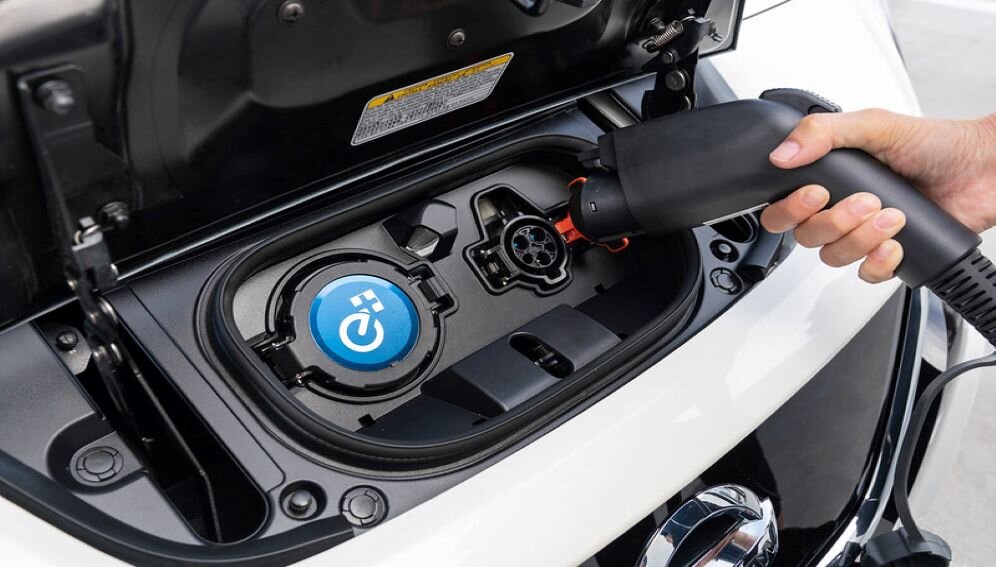2023 Iordaniyada elektr avtomobil foydalanuvchilari duch keladigan qiyinchiliklar: Batareyalar bilan kurash

Electric car early adopters in oil-poor Jordan are now facing the complex challenge of battery disposal as the demand for electric vehicles (EV) surges across the region.
Jordan has been importing electric cars for eight years, making it the first country in the Middle East to do so. Natijada, battery warranties are beginning to expire.
Mohamad Khawaja, head of the department of energy engineering at the German Jordanian University, warns that failure to comply with international standards for proper EV battery disposal can lead to serious environmental impacts, including the risk of spontaneous ignition or the release of harmful chemicals.
Unlike its oil-producing neighbors, Jordan has been an early adopter of electric vehicles. It first started importing EVs in 2015, and the National Green Growth Plan approved in 2017 aimed to promote their use. Hozirda, electric cars constitute at least 5% of all cars on Jordan’s roads, with rising petrol prices driving up demand among the population of 11 million.
Biroq, many EV owners still lack awareness of the proper procedures for disposing of battery packs, posing a significant challenge for sustainable waste management.
Khawaja and other researchers conducted a study on the environmental impacts of energy storage waste and regional legislation to mitigate these issues. They found that Jordan’s policies on battery disposal are not yet fully clear.
The Middle East and North Africa (MENA) region, as a whole, is witnessing an increasing demand for electric vehicles. EV sales in the region rose from around 1,300 cars in 2017 to approximately 19,000 ichida 2021. Projections indicate that sales will double to 45,000 tomonidan 2026, in line with the global trend towards clean energy and carbon emissions reduction.
Several countries in the region are taking significant steps towards supporting the growth of EVs. Masalan; misol uchun, Saudi Arabia’s Ministry of Industry and Mineral Resources signed a memorandum of understanding with Hyundai Motor Company to establish an electric car plant, aligning with the kingdom’s emission reduction goals. The BAA‘s government-owned public transport provider, Emirates Transport, also signed a memorandum of understanding with the China Machinery Engineering Corporation to produce electric vehicles locally, aiming for carbon neutrality by 2050.
Rusul Al Shihab, director for the environmental movement Earth Day in the Middle East and North Africa, highlights the effectiveness of the electric car trend in reducing emissions. Biroq, she acknowledges that the trend is still in its infancy in the region, and further studies are needed to assess the true environmental impact of electric vehicles, drawing insights from the experiences of countries that have already adopted and deployed them.

 Xitoyda avtomobil
Xitoyda avtomobil